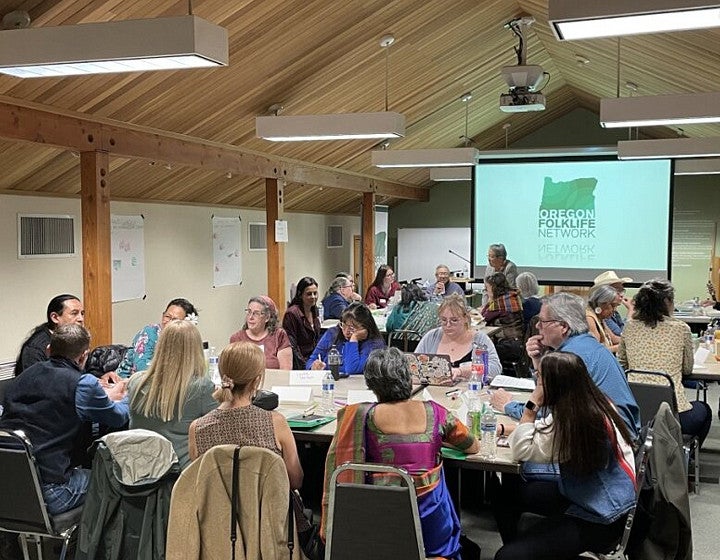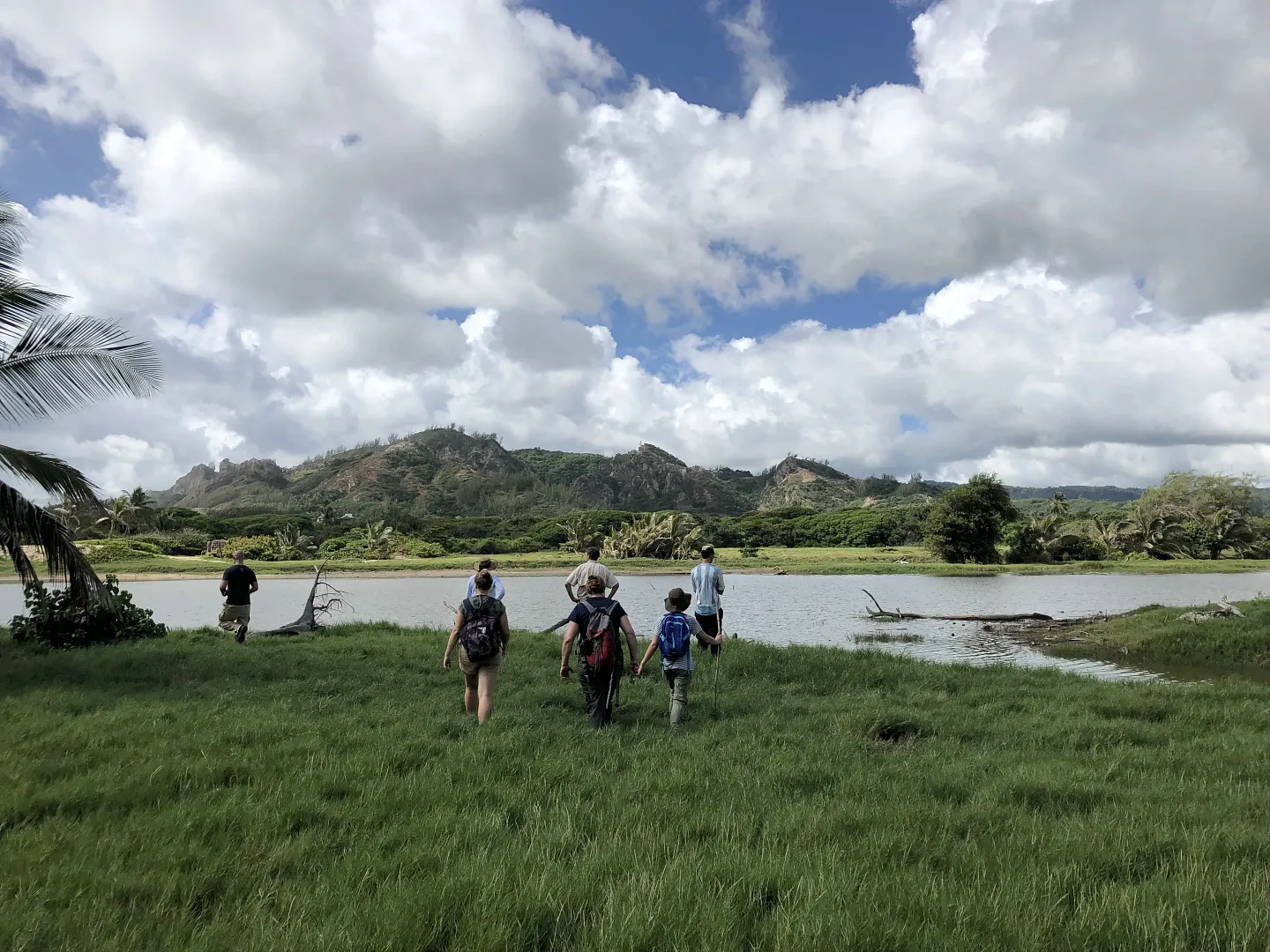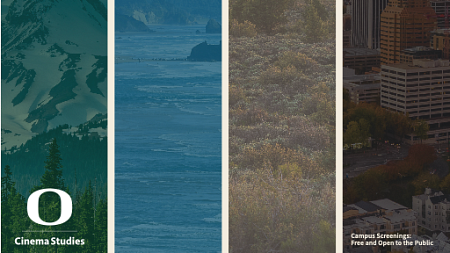The Folklore and Public Culture Program at University of Oregon is one of a few major centers of folkloristic research in the US. Students study the ways tradition continues to enrich human behavior throughout the world and gain fresh perspectives on the ethnic, regional, occupational, gender, and other identities of individuals in specific communities.
What You Can Do with a Degree in Folklore and Public Culture
Theoretical analyses, research methods, and fieldwork techniques are integral parts of the folklore and public culture curriculum and provide students with a foundation for employment in:
- Colleges and universities
- Research institutes
- Museums and archives
- State and local government
- Arts councils
- Arts festivals
- Non-profit organizations
- Libraries and special collections
- Historical preservation societies
- New media, online media, newspapers and magazines
Our Degree Programs
Students in folklore and public culture can pursue a bachelor of arts, master of arts, or master of science degree. An undergraduate minor is also available. Courses cover an extensive range of interdisciplinary topics including cultural heritage, ethnicity, subcultures, popular culture, performance, gender, film, religion, public folklore, and issues of diversity and globalization.

With more than 30 core and participating faculty, the students in the Folklore and Public Culture Program have access to an interdisciplinary range of subjects and expertise, allowing them to create a focused course of study in their areas of interest.

Our students extend their learning beyond the classroom through numerous experiential learning opportunities. Immerse yourself in another culture while studying abroad, develop vital job skills in an internship, or conduct original research on a topic that sparks your interest.
Scholarships and Funding
Students can apply for scholarships and awards from the Folklore and Public Culture Program and the College of Arts and Sciences.
Academic Support
Our academic advisors can help students understand their major or minor requirements, plan their course of study, explore study abroad opportunities, and more.




